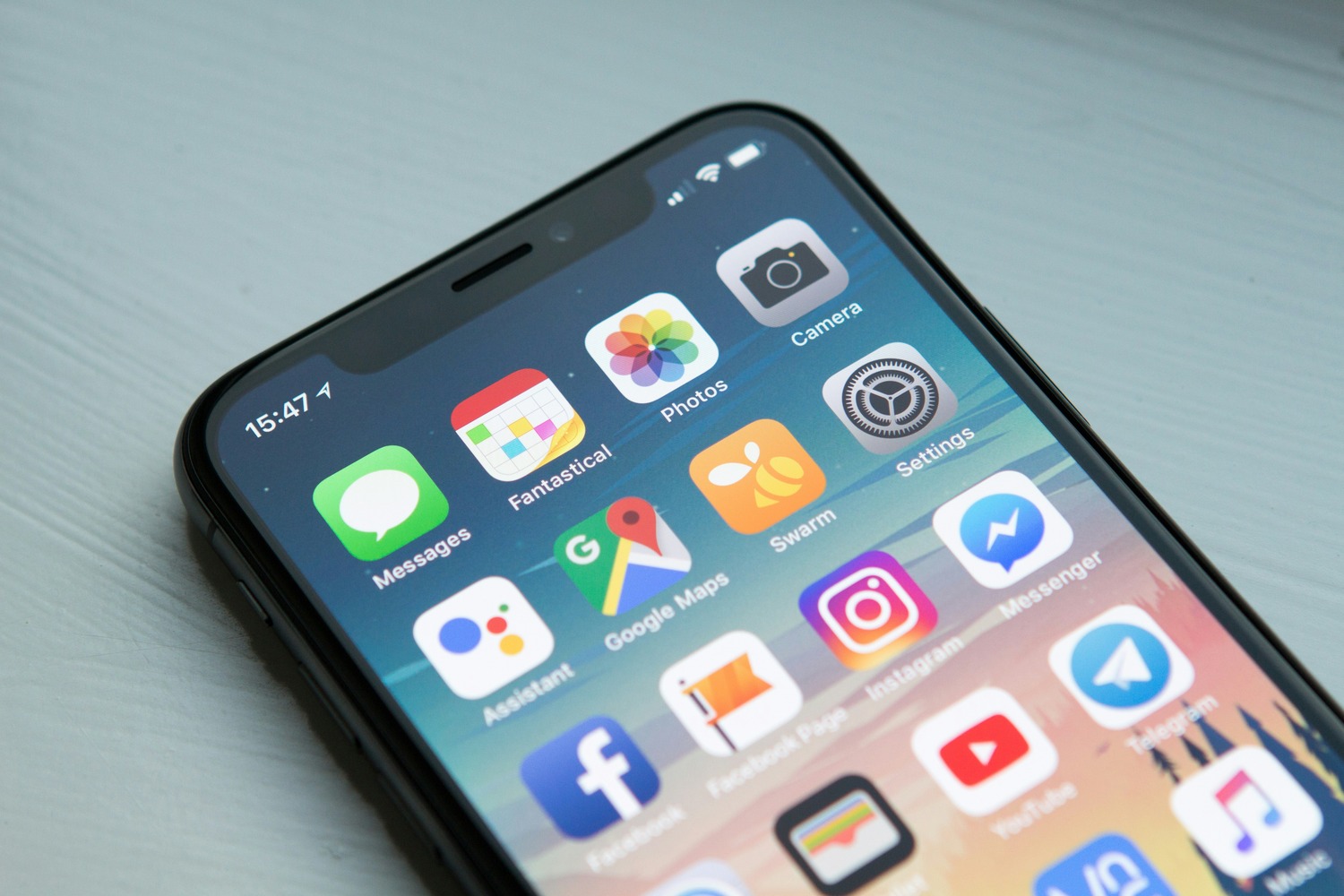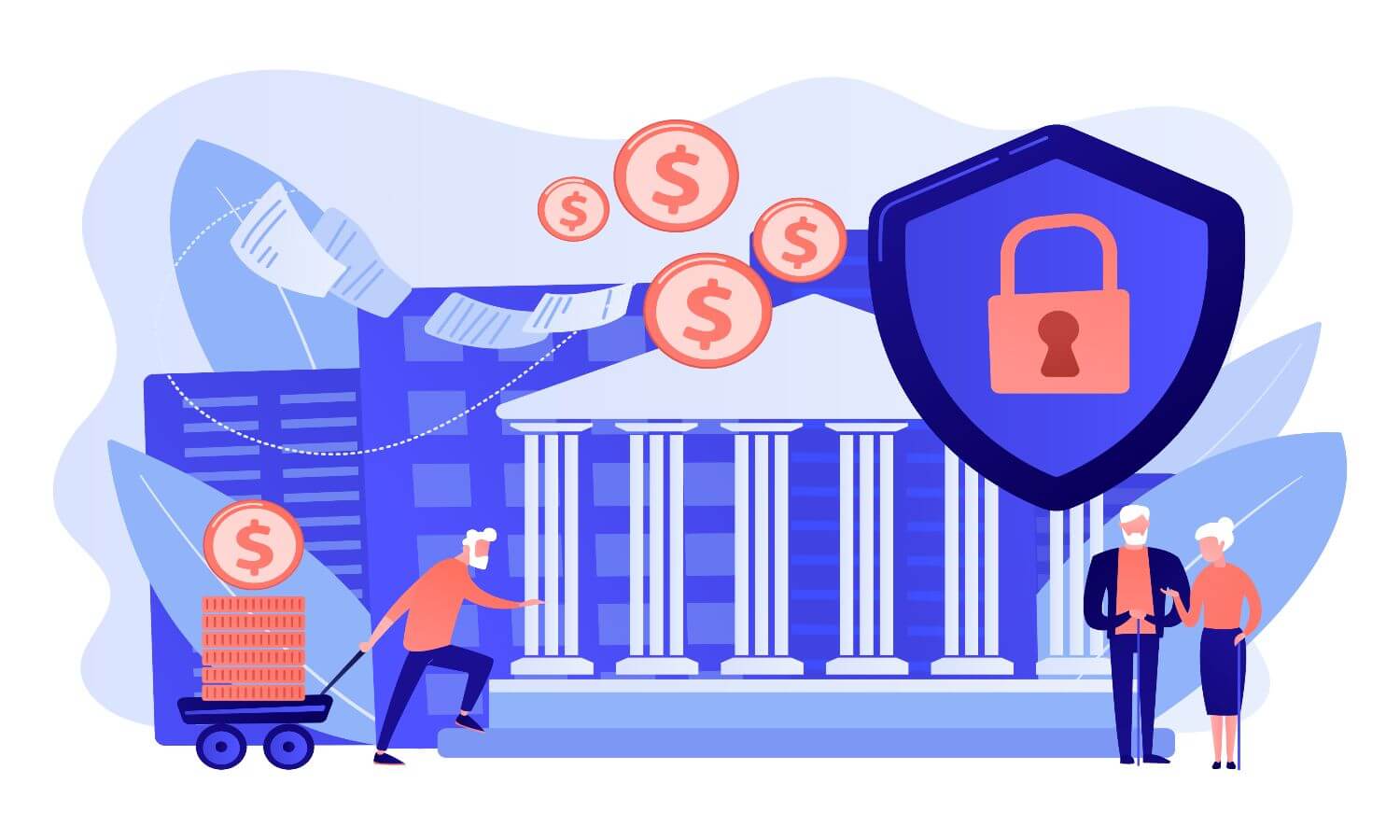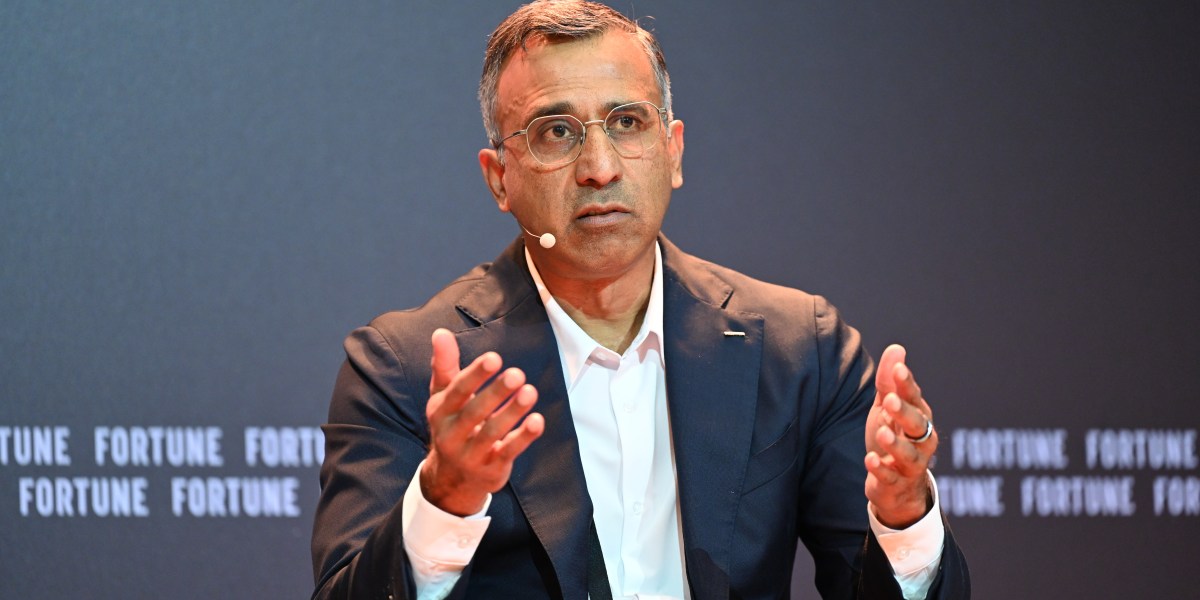In a world obsessed with financial independence, it’s tempting to believe a free budgeting app is your ultimate money-saving solution. After all, DIY tools promise empowerment, visibility, and control over your spending. Many people eagerly download a sleek new finance app, set up their accounts, and trust the process. But what if that app, despite its clean interface and promises of “smart tracking,” is actually leaking money behind your back?
The truth is that not all budget apps are created with your best interests in mind. Many come with invisible price tags, subtle nudges, or hidden biases that shift your behavior in ways Wall Street doesn’t want you to notice. These apps may not charge you outright, but they can cost you in unexpected ways. Here are seven truths about DIY budgeting apps that even seasoned savers are often shocked to learn.
1. “Free” Budgeting Apps Are Often Selling Your Data
You’re not paying money, so what’s the catch? With many free apps, the cost is your personal financial data. These apps quietly track your spending habits, bank activity, and bill history, then sell that data (anonymized or not) to advertisers, insurers, or third-party firms.
Why does Wall Street care? This data powers precision marketing, helping financial giants tailor offers that feel custom-made for you but are designed to drive profit for them. Meanwhile, you get ads for high-interest credit cards or “recommended” investments that may not serve your goals. Data is currency, and you may be giving away a gold mine.
2. Algorithms Don’t Understand Your Actual Goals
Most budget apps use AI-driven algorithms to categorize spending and suggest budgets. That sounds smart…until it isn’t. These tools rarely understand your long-term goals, family situation, or financial values. For example, they may flag charitable giving as “unnecessary spending” or suggest slashing costs that are essential to your well-being.
This kind of blind optimization can subtly pressure users into making short-term cuts that undermine long-term priorities. Wall Street’s fine with that. The more anxious and transactional your relationship with money becomes, the more likely you are to jump at high-margin products or “instant fix” offers.
3. In-App “Upsells” Encourage Financial Overreach
Ever noticed that after tracking your budget for a few weeks, your app suddenly offers a “premium” version with investment tools, tax advice, or credit-score monitoring? These upsells often come with monthly fees or recommend third-party services where the app earns a commission.
What’s worse—these upgrades might push you toward products that aren’t necessary or even helpful. From prepaid debit cards to automated robo-advisors with hidden fees, it’s a short walk from “track your spending” to “spend money on tracking.” The irony isn’t lost on anyone, least of all the institutions profiting from your subscription.

4. Budget Apps Can Normalize Poor Financial Habits
DIY budget tools reward you for staying “under budget,” but they rarely ask why you’re under or over in the first place. If your grocery budget is always low because you’re skipping meals or sacrificing nutrition, the app treats it as a win. Similarly, consistently maxing out your “entertainment” category is rarely flagged as concerning unless you go over a preset amount.
Over time, this can normalize unhealthy or unbalanced spending habits. Instead of being a tool for transformation, the app becomes a digital enabler, shaping a distorted view of what healthy finances look like. Wall Street doesn’t mind if your financial planning app never teaches you to actually build wealth, so long as you stay consuming.
5. They Oversimplify Complex Financial Realities
Budget apps love colorful graphs and pie charts, but real-life finances aren’t always so neat. Variables like irregular income, caregiving costs, or medical expenses don’t easily fit into tidy templates. Apps often fail to account for emotional spending triggers, financial trauma, or systemic barriers to wealth-building.
This simplification makes budgeting look easier than it really is. When you inevitably struggle to stick to the app’s framework, it can feel like a personal failure. But the problem isn’t you. It’s the tool. And when that sense of failure hits, you’re more likely to seek out costly solutions, coaching subscriptions, or products promising a fresh start. Again, the industry wins.
6. Some Apps Partner with Predatory Financial Products
Budgeting apps often feature “offers” for credit repair services, payday advance tools, or even crypto investments. While these may appear helpful, they’re often paid placements designed to generate income for the app, not necessarily to benefit the user.
The more your budget struggles, the more valuable you become to predatory financial products. Apps with affiliate agreements may gently push you toward options that deepen your debt or compromise your financial health. It’s a quiet but effective form of exploitation, and it thrives on your continued financial confusion.
7. They Rarely Teach You to Think Independently About Money
Perhaps the biggest cost of all? Budget apps can erode your confidence in your own judgment. Over-reliance on automated suggestions and scorecards can make you less likely to trust your instincts or learn core financial principles.
Financial literacy takes more than automated notifications. It takes context, reflection, and human learning. DIY apps often skip that step, leaving users dependent and reactive rather than proactive and informed. Wall Street doesn’t mind. A less confident consumer is an easier one to influence.
Your Budgeting Tool Shouldn’t Be Your Financial Puppet Master
Budgeting apps can be a great start, but they’re not the whole story. If you’re depending entirely on a free tool without understanding its motives, algorithms, or income model, you could be paying a high price without knowing it. Just because it’s digital doesn’t mean it’s neutral.
As you evaluate your tools, ask yourself: is this app empowering me or directing me? Is it simplifying my finances or oversimplifying my financial life? Because the best financial plan isn’t found in an app. It’s the one that aligns with your values, adapts to your life, and helps you build real, sustainable wealth, not just track it.
Have you ever uncovered a hidden cost or shady upsell in a budgeting app you trusted? What do you look for in a financial tool today?
Read More:
10 Cash-Back Apps Hiding Auto-Apply Codes You’ve Never Tried
10 Trendy Buys Fuelled by FOMO That Are Quietly Wrecking Your Budget
Riley is an Arizona native with over nine years of writing experience. From personal finance to travel to digital marketing to pop culture, she’s written about everything under the sun. When she’s not writing, she’s spending her time outside, reading, or cuddling with her two corgis.


























